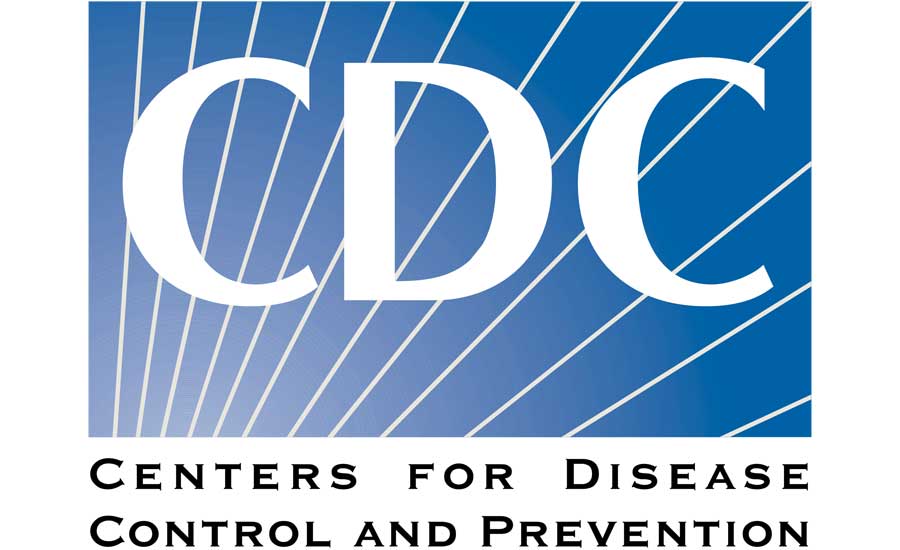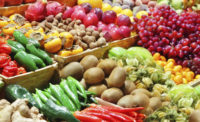The E. coli outbreak in the U.S. linked to romaine lettuce appears to be over. That’s the judgement of the CDC, which has issued a final update on the case that resulted in 62 people in 16 states becoming ill from eating contaminated lettuce. Twenty-five people of them were hospitalized, including two people who developed a type of kidney failure called hemolytic uremic syndrome. No deaths were reported.
The CDC said the illnesses presented from October 7 to December 4, 2018.
The U.S. wasn’t the only nation stricken; the Public Health Agency of CanadaExternal identified ill people infected with the same DNA fingerprint of E. coli O157:H7 bacteria in Canada.
A farm in California the source
The likely culprit: Romaine lettuce harvested from the Central Coastal growing regions of northern and central California. It should no longer be available. The CDC investigation of farms and cooling facilities identified the outbreak strain of E. coli O157:H7 in sediment collected within an agricultural water reservoir on an Adam Bros, Inc. farm in Santa Barbara County.
FDA is continuing to investigate to learn more about how the E. coli bacteria could have entered the agricultural water reservoir and ways romaine lettuce from the farm could have been contaminated, and whether there are other sources of the outbreak.
General E. coli prevention:
- Wash hands after using the restroom or changing diapers, before and after preparing or eating food, and after contact with animals.
- Use separate cutting boards for fruits and vegetables and for raw meats, poultry, seafood, or eggs.
- Use separate plates and utensils for cooked and raw foods.
- Thoroughly wash hands, counters, cutting boards, and utensils after they touch raw meat.
- Wash fruits and vegetables in running water before eating, unless the package says the contents have been washed.
- Don’t prepare food or drink for others when you are sick.
- Cook meats thoroughly to kill harmful germs. Use a food thermometer to check the temperature of the meat.
- Avoid raw milk, other unpasteurized dairy products, and unpasteurized juices.
You can learn more about E. coli and food safety at https://www.cdc.gov/ecoli/ecoli-prevention.html.
If you have questions about cases in a particular state, please call that state’s health department.


